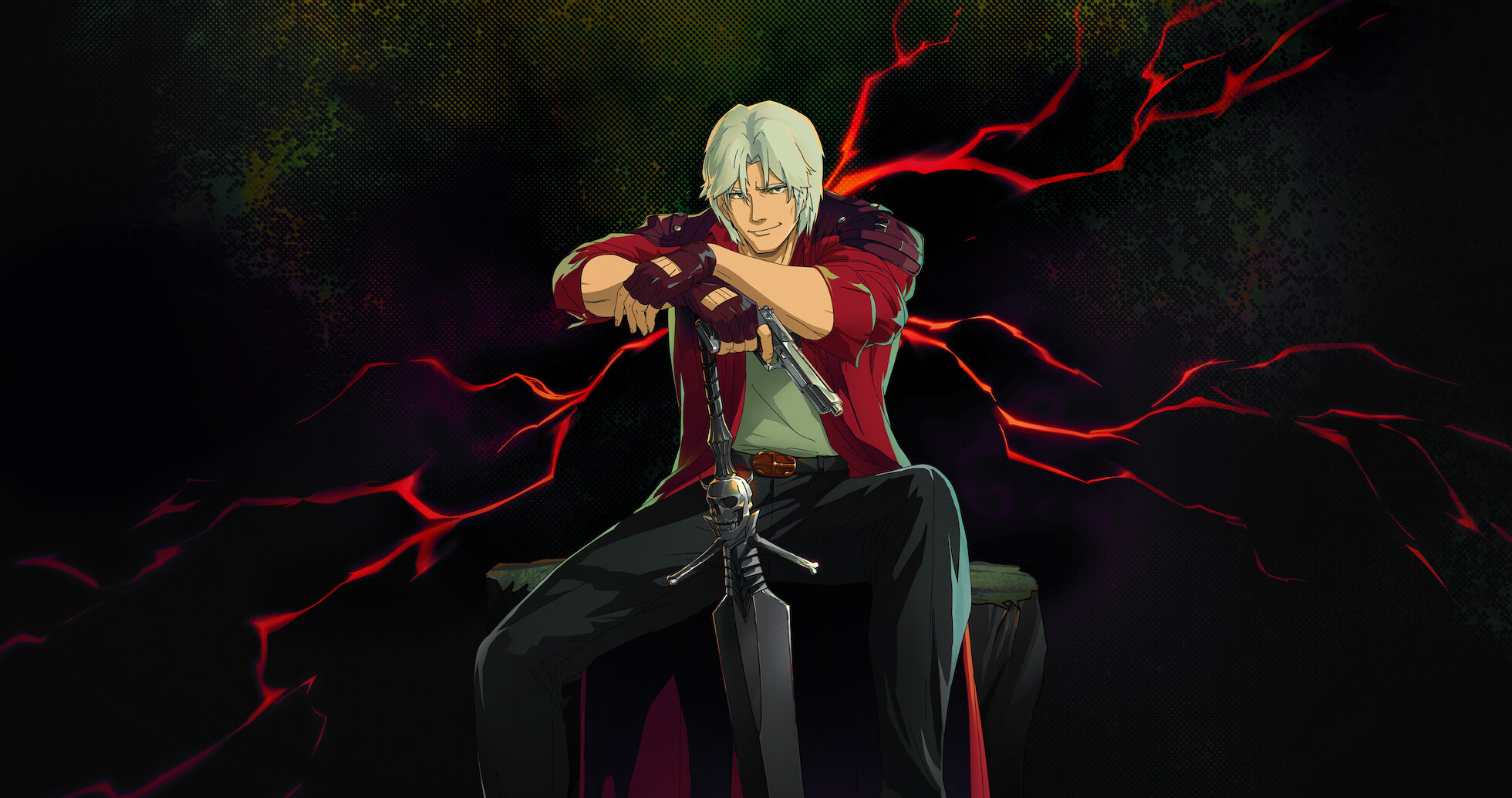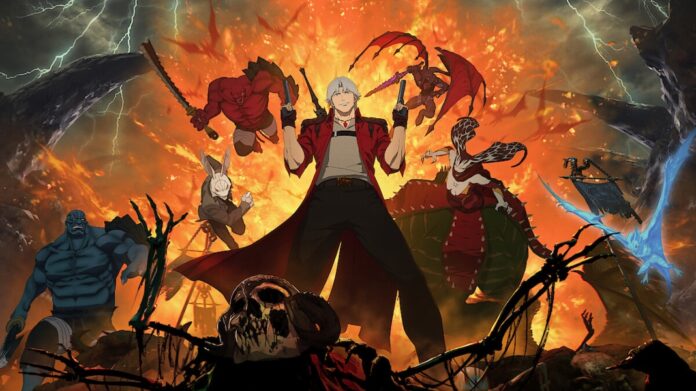Netflix’s new foray into animated video game adaptations, Devil May Cry, is a slow-burner shock. On the surface, the series goes heavy on aesthetics—twitchy gun battles, gothic buildings, and brooding emo soundtracks. It’s like a cutscene that’s been elongated too much, weighed down by too much exposition. The first few episodes lay out the rules of its demon-populated world in ways that labour. But when it gets going, particularly after episode 6, it has an emotional and stylistic payoff that fans did not anticipate.

Dante’s Cool, But the Story Goes Deeper
At its centre is Dante, the signature demon hunter, played by Johnny Yong Bosch. He’s witty and cocky, but just immature enough to be endearing. He’s joined by Mary, his gun-toting, strait-laced foil. They’re a standard anime couple, but the show’s real shock isn’t the banter—it’s the show’s investment in richer themes. There’s a low-burning discussion of purpose, power, and trauma that smolders beneath the stylised violence.
Devil May Cry separates itself from others by its guilt-free tone-jumping. Blood is splattered everywhere on-screen one moment, and then an ironically humorous needle drop that seems, well, slightly out of place—until it isn’t. It’s unwilling to be restrained by tonal whiplash, and, in some strange sense, this works. Its soundtrack, fully embracing its horror and emo ancestry, is effectively a love note to early 2000s anime enthusiasts.
The Real Star? The White Rabbit
Unexpectedly, it’s not Dante who captures the emotional centre—it’s the White Rabbit, the show’s initial villain. His quest to unite the demon and human realms is presented as traditional evil, but his history is full of complicated motivations. His journey becomes the emotional centre and strangely, more interesting than the main characters’. This uneven depth is both a weakness and a promise of improved character development to follow.

Devil May Cry Had Something to Say
Underneath its gaudy battles and puerile humour is a biting commentary on imperialism and power. The series addresses heavy issues—usually more gravely than its hero ever does. While the last twist is telegraphed, the finale’s dark tone and political undertones redeem it. Devil May Cry is not flawless, but it’s ambitious, it’s got attitude, and it’s got enough substance to leave viewers wanting season two.
Stay tuned to Brandsynario for latest news and updates









































